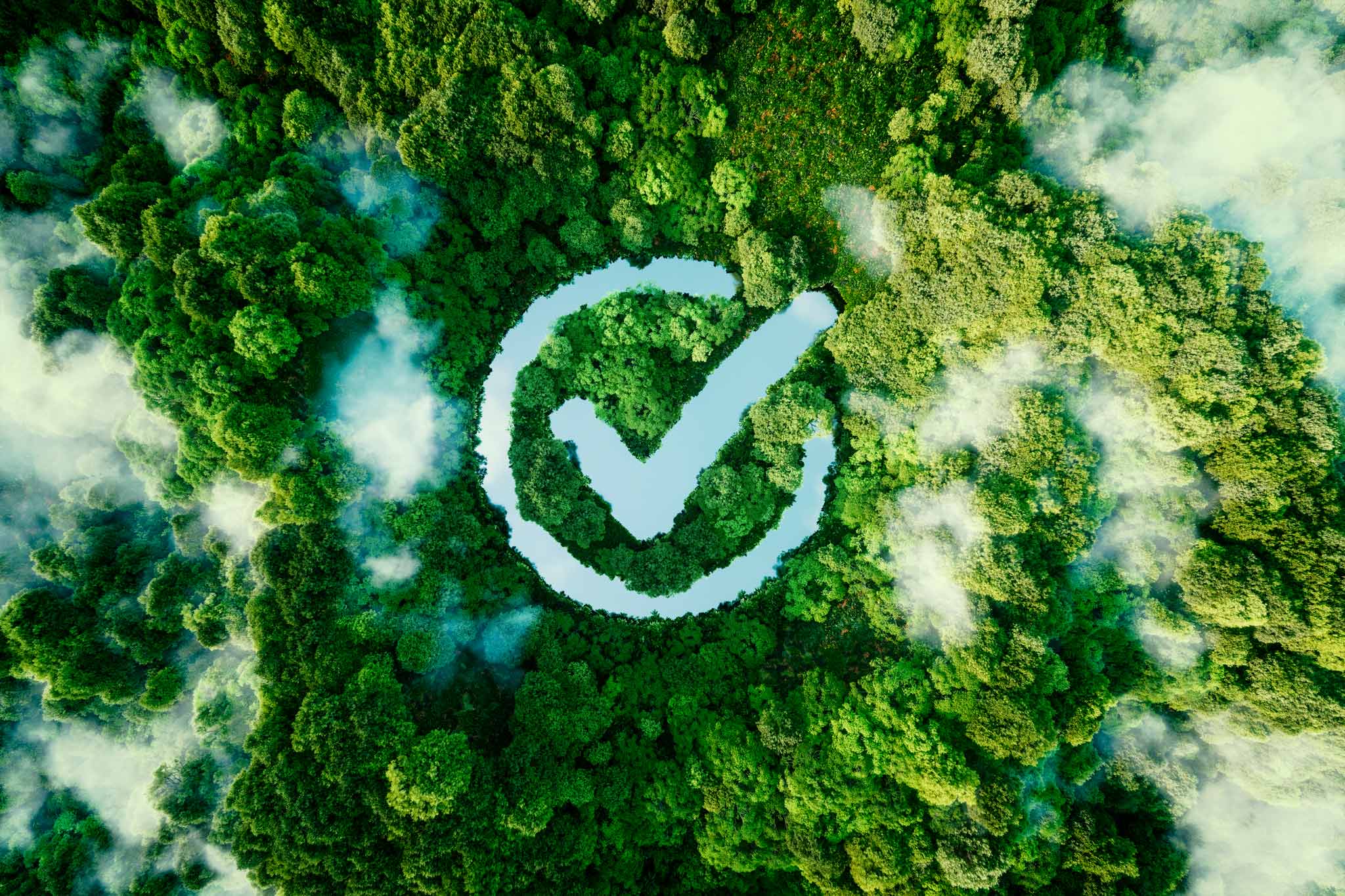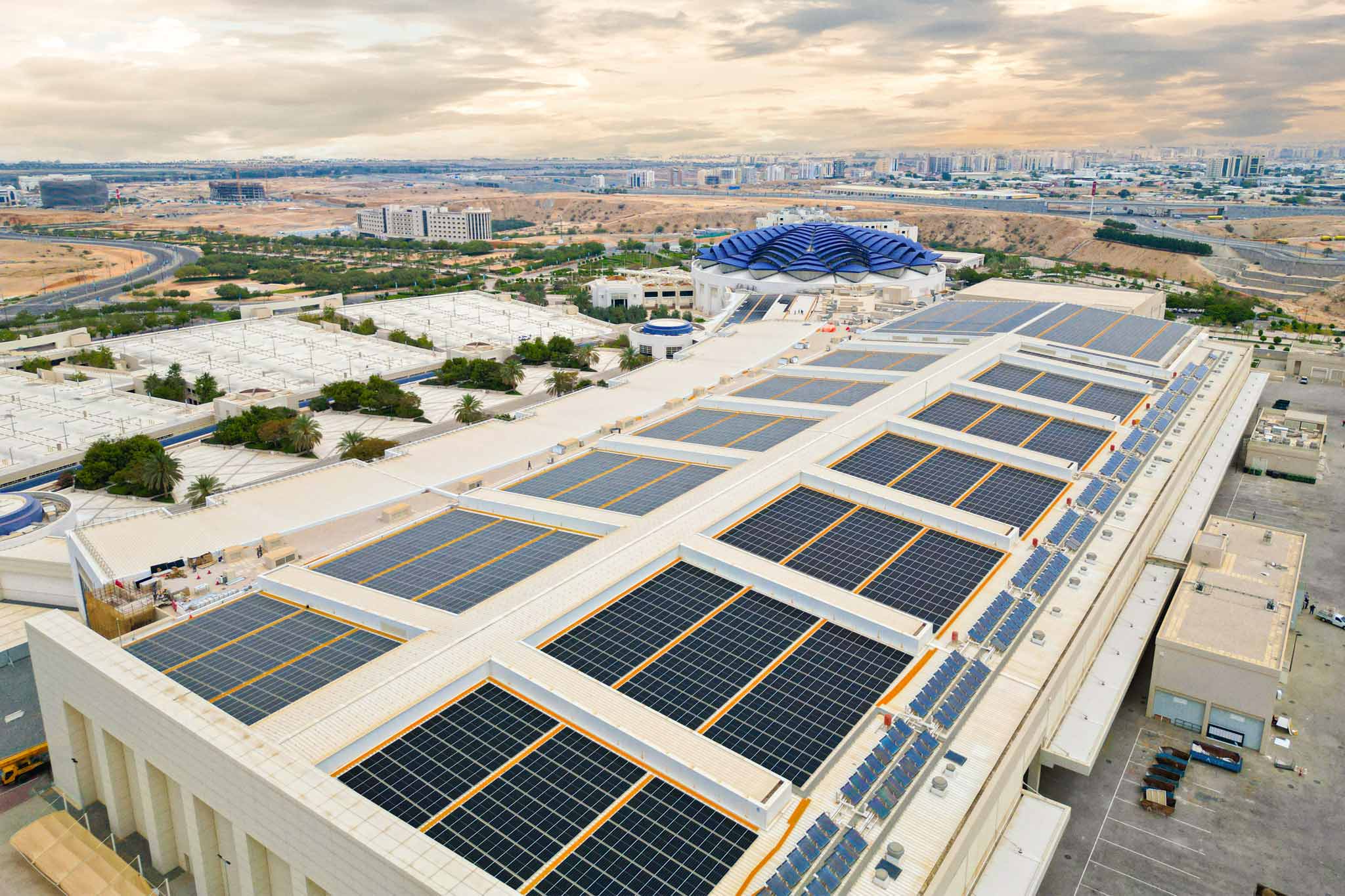On the 25th of September 2015, the United Nations member states agreed to the UN (United Nations) Agenda 2030 by adopting 17 Sustainable Development Goals that would put the world on the road to redress the environmental, societal, and economic imbalances present on the planet today.
Six years later, and in the midst of a global pandemic, we face a stark wake-up call; we cannot keep supporting a broken system. We need to move beyond sustaining what does not work, and that cannot offer future resilience against the impacts of climate change and biodiversity loss. We are being invited to redesign a future that offers everyone the chance to thrive.
An entire systems overhaul is required to achieve this, a paradigm shift in thinking and doing business. We believe the events and tourism sector has a key contribution to make in what we call the Regenerative Revolution.
Research shows that public sentiment supports this, as the 2021 Sustainability Travel Report from Booking.com reveals. Eighty-three per cent of global travellers think sustainable travel is vital, with 61 per cent saying the pandemic has made them want to travel more sustainably in the future. Almost half of the respondents believed there weren’t enough choices from a lens of increased responsibility for the impact, and 72 per cent believe more should be done to create those offerings.
Google has enabled a new feature to explore the carbon footprint of travel choices. The GDS-Index results for 2021 show an increase in sustainability certification for hotels and conference centres is on the rise. Ninety-five per cent of European DMO CEOs say the shifts in perspective and choice will lead to a new way of engaging in relationships and mechanisms of business. These shifts in attitude, policy and finance are catalysing regenerative changes in the strategies that underpin products, services, and people.
The GDS-Movement and regenerative strategy The GDS-Movement believes that humans are part of nature, and as such, business activities need to enable human and social capital to grow and thrive.
It acts as a platform that unites and enables destination management professionals to create flourishing and resilient places to visit, meet and live in. Its overall mission is to cocreate sustainable and circular strategies, mindsets and skillsets that enable future destinations to thrive and society and nature to regenerate.
The work they conduct within the sector is based on the Circular Economy principles outlined by the Ellen MacArthur Foundation with insights from Alexandre Lemille and his recent paper Making the Circular Economy work for Human Development.
The team also draws upon inspiration and insights from the realms of nature-inspired innovation (Biomimicry), Cradle to Cradle, the work on Regenerative Leadership by Giles Hutchins and Laura Storm, and the 8 Principles of a Regenerative Economy from the Capital Institute.
Global IT and consulting company, Accenture, calculated that the circular economy is the world’s largest opportunity, with the potential to unlock $4.5 trillion growth. Cambridge Economics estimates that applying circular economy principles across the EU can create around 700,000 new jobs and a net benefit of €1.8 billion by 2030.
In a circular setup, economic activity builds and rebuilds overall system health. It is restorative and regenerative by design. The concept recognises that the economy needs to work effectively at all scales – for big and small businesses, organisations and individuals, globally and locally.
#NATUREWORKS, The Regenerative Revolution A report by the GDS-Movement, sponsored by the IMEX Group and Marriott International, addresses how event management could contribute to these shifts. The Regenerative Revolution lays down the principles of circularity and offers a framework based on nature’s principles.
It explores and asserts that for the global meetings and events industry to recover, flourish, and thrive in a future world, the temptation of adopting Covid-19 recovery strategies based on a wish to return to the ‘normal’ of the past must be overcome.
Instead, we can use the pandemic as a ‘great reset’ to rethink, reimagine and redesign a new restorative, resilient, inclusive and zero-carbon growth model. By doing so, we can restore and rejuvenate the planet, its people and create a healthier economy, rather than seeking to sustain what no longer functions.
This deep cultural and systemic transformation requires a paradigm shift in beliefs, values, and business models. The result will be heightened resilience when faced with the other risks of climate change, biodiversity collapse, and social unrest.
“In an ecosystemic approach, pollution, greed, unemployment, waste, inequalities and poverty, among others, are human inventions. Thus, they can and should be designed out of our next model of life.”
Alexandre Lemille
HANNUWA – a framework for regenerative events The GDS-Movement has developed a framework and set of tools that support event suppliers, organisers, and educators on their transformative journey to enable the events and meetings sector to achieve a new paradigm of event success. Their approach is summed up in the word ’Hannuwa’, an ancient San word from South Africa that means the gathering of good fortune through living in harmony with the natural environment.
It comprises four key principles and an eight-step methodology to educate and guide event organisers towards more regenerative event management that designs for inclusivity and diversity.
Regenerative Event Management: “An economic approach wherein event planning, resourcing, procurement, and production are designed and managed to optimise ecosystem functioning and human wellbeing. It is inspired by nature, restorative, and regenerative by intention and design.” #Natureworks
A regenerative future inspired by nature Regenerative events have a focus on quality, effectiveness, harmony, and wellness. They are circular by design, aiming for energy, natural resources, and materials to be conserved, enriched, reused, recycled and used to enhance equitable development. They design out waste and pollution and improve resilience by increasing diversity, inclusivity, and equality. They also focus on regenerating and rejuvenating natural systems and communities.
The Hannuwa framework enables event planning, resourcing, procurement, and production designed and managed to optimise ecosystem functioning and human wellbeing.
The trillion-dollar tourism and events economy has the power to help transform our energy, food, water, transport, employment, and social systems. Still, we need to enable the professionals within this sector to step up and accelerate the required actions and catalyse leadership and innovation. The case studies within the report highlight and inspires innovative approaches to event and destination management.
Events and capital generation Old linear systems thinking is disrupted by integrating the four core principles into the business models, design, and operations of events. There is an accelerated shift to more purposeful, inclusive, and regenerative practices based on Living Systems Design.
Instead of viewing the host and supplier community as resources and assets in the organisation of the event, consider how the event itself provides ‘ecosystem services’ back to the community and thereby offers enhanced value.
By rethinking and redesigning how events create impact for stakeholders, events can generate:
Natural Capital:protecting, restoring, and regenerating ecosystems and services.Human Capital:creating jobs, satisfying employees, improving people’s health, creating new knowledge, skills, and motivation.Social Capital:stimulating innovation, collaboration, and developing thriving and inclusive communities, businesses, trade unions, schools, and voluntary organisations.Financial Capital:generating incomes, creating shareholder value, strengthening competition, and building business resilience.
“We need to move beyond sustaining what does not work, and that cannot offer future resilience against the impacts of climate change and biodiversity loss”
Regeneration is the process of renewal, restoration, and regrowth that makes cells, organisms, and ecosystems resilient to natural fluctuations or events that cause disturbance or damage.
The mindset is optimistic, and the design is circular and inclusive. It is collaborative, innovative, bold and transformative, disruptive, restorative, balanced and compassionate.
These values can be applied to the tourism and events sector to catalyse transformation, accelerate the transition to zero-carbon, activate a food re-evolution, create more circular economics, develop local resilience and enhance biodiversity.
Strategy is key to achieving long terms goals Further, the research conducted with IMEX Group and Marriott International shows that 2019 was a tipping point for increased sustainability in the events industry.
However, despite a surge of demand and actions in our sector, less than half of DMOs have sustainability strategies in place to manage their business events (May 2020). Meanwhile, 97 per cent of the 2000 event suppliers and organisers interviewed said sustainability was critical for the events industry.
The consulting support can remedy this strategic gap that the GDS-Movement offers. With their expertise, DMOs can develop powerful and impactful strategies that increase circular thinking and planning, improve inclusivity and stakeholder engagement, and report valuable data.
We believe that by collaborating and sharing best practise and knowledge, we can achieve a new future where the events and tourism sector contributes to the wellbeing of society.
The Global Destination Sustainability Movement is a transformation platform that engages, inspires and enables destinations to become more regenerative, flourishing and resilient places to visit, meet and live in.
The GDS-Movement accelerates the transformation from destination marketing at whatever cost towards destination management and stewardship with shared value. Its mission is to promote and develop regenerative strategies, skill sets, and mindsets to support future destinations.
The GDS-Movement evolved from the Global Destination Sustainability Index, the world’s leading sustainability benchmarking and performance improvement program for destinations and their visitor economy.



